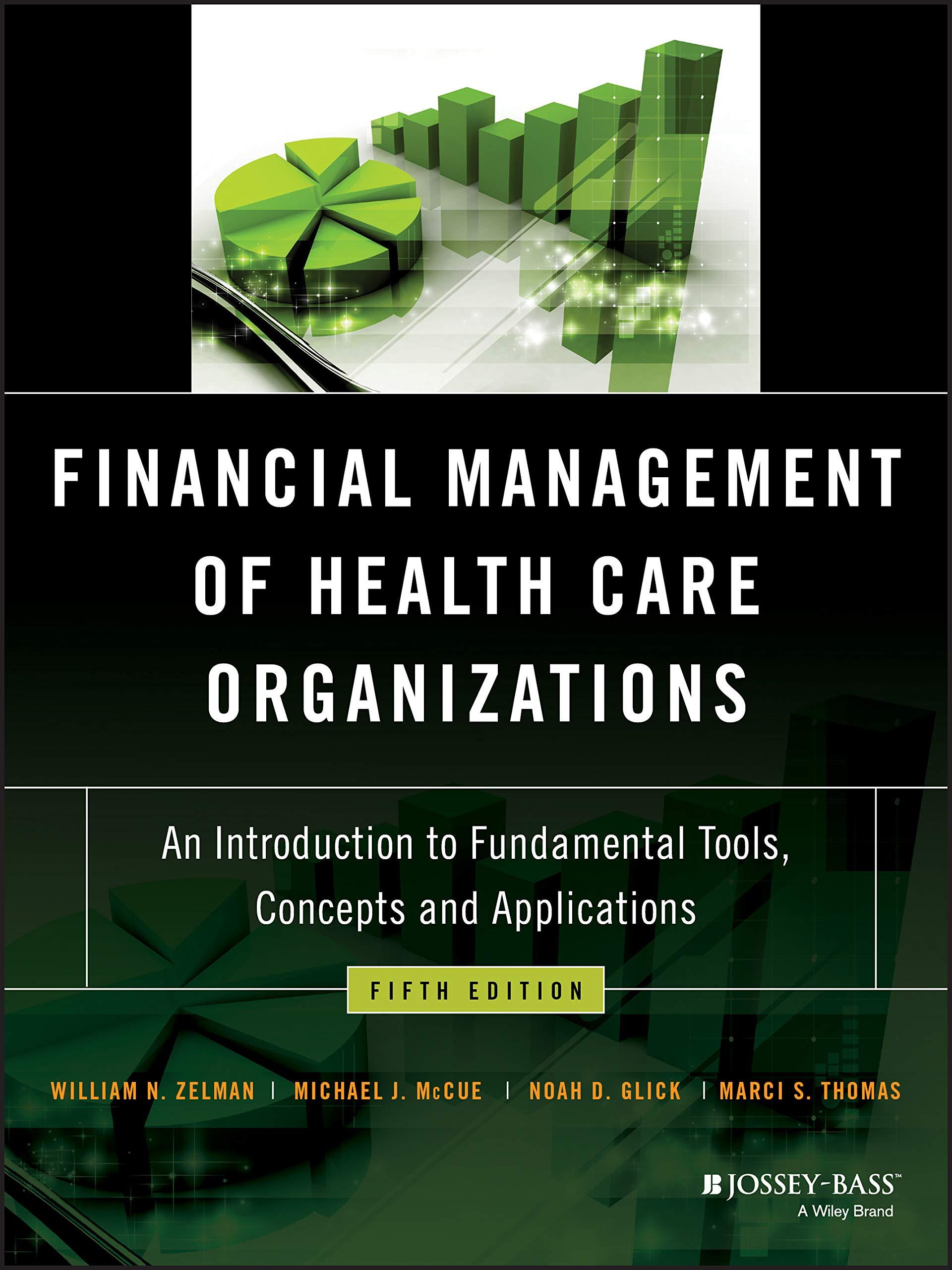Answered step by step
Verified Expert Solution
Question
1 Approved Answer
Question - 1 Hypothetical Company Project AUTO FORCE Ltd is an automation firm that invests much in research and development ( R&D ) before releasing
Question
Hypothetical Company Project
AUTO FORCE Ltd is an automation firm that invests much in research and development R&D
before releasing new equipment, typically designed to save labour time. AUTO FORCE Ltd
serves the manu Hypothetical Company Project AUTO FORCE Ltd is an automation firm that invests much in research and development R&D before releasing new equipment, typically designed to save labour time. AUTO FORCE Ltd serves the manufacturing industry through the automation of production facilities. The firm FIN Financial Management Sem Assignment Prepared by: Dr Miraj Ahmmod recently spent $ developing AFPN an automatic food preparation system. However, a few random test runs revealed that AFPN is not yet marketready because it has difficulty distinguishing residue from fine output. Such irregular interruptions need a long restart time. During the reset phase, companies that purchase and install AFPN may lose a significant amount of output. Nonetheless, given the level of rivalry, AUTO FORCE Ltd officials want to release the AFPN machine to be the market leader against other competitors. A local importer will sell AUTO FORCE the equipment required to construct the plant that will manufacture machine AFPN for $ AUTO FORCE Ltd must pay an additional $ in installation fees while the transportation costs of $ would be paid by the supplier of the plant. The plant's economic life would be six years, and it would be depreciated at a straightline rate of on prime cost each year. According to the marketing director at AUTO FORCE Ltd units of the AFPN machine can be sold in the first year, with sales dropping by units each year for the remainder of the project. The projected selling price per unit is $ As long as at least units are produced and sold each year, the variable cost of production is predicted to be of sales revenue. Once the production and sales drop below units, the variable cost of production will increase to of sales revenue. The fixed costs of operating this factory would be $ per year. The production of AFPN will most likely require an initial inventory of $ Also, as sales increase, $ will be locked up in accounts receivables, but this will be substantially offset by a $ increase in accounts payable. The project management intends to maintain the same level of net working capital NWC throughout the project's duration. This indicates that there will be no additional fresh investments in NWC during the project's lifetime. The new plant will be located in a manufacturing space that is currently utilised for storage. Currently, this space yields a net income of $ a month; however, it will be discontinued due to the new plant. Additionally, when AUTO FORCE Ltd sells machine AFPN its annual income from automation consulting fees will decrease by $ After the economic life of this project, the plant would be transferred sold to another project for a price of $ If a firm purchases AUTO FORCE Ltds AFPN machine, it will eventually replace many of its unskilled and semiskilled employees with a few skilled ones to increase production efficiency. An Association of Labour Unions is discouraging and opposing firms installing AFPN because it will result in many people losing their employment since they will be redundant. In response to the Association's worries, AUTO FORCE Ltds management has identified another project that would manufacture semiautomatic machines SAPN and will require both semiskilled and skilled people. The initial total investment for this SAPN project would be lower than the total initial cost of the AFPN project, and the predicted future net cash flows after all adjustments for this sixyear project would be as follows: Year: $; Year: $; Year: $; Year: $; Year: $ and Year: $ The company utilises its weighted average cost of capital WACC to determine its required rate of return. Recently, the WACC of the company is fluctuating between and Management has chosen to utilise both rates in evaluating this project. The applicable tax rate for this company is The company also uses a discounted payback period benchmark of years. N project. The CFO requests a formal report that includes a thorough analysis of cash flows and clear explanations of the results, utilising appropriate capital budgeting procedures commonly employed for project evaluation. In addition, the CFO is interested in examining the specific details of the comparison between the AFPN and SAPN projects. This analysis will involve evaluating the results of appropriate capital budgeting methods, considering both a and required rate, determining the crossover rat e Use only one spreadsheet of the Excel file to show your workings and Cash flow tables
Step by Step Solution
There are 3 Steps involved in it
Step: 1

Get Instant Access to Expert-Tailored Solutions
See step-by-step solutions with expert insights and AI powered tools for academic success
Step: 2

Step: 3

Ace Your Homework with AI
Get the answers you need in no time with our AI-driven, step-by-step assistance
Get Started


